在此处更改您的语言和 LGT 位置。
私人客户的数字平台
登入 LGT 智能银行
金融中介机构的数字平台
登入 LGT 智能银行 Pro
常见问题解答 (FAQ)
LGT 智能银行帮助
常见问题解答 (FAQ)
LGT 智能银行专业版帮助
How LGT Venture Philanthropy and the NGO Last Mile Health are driving equitable access to health care.
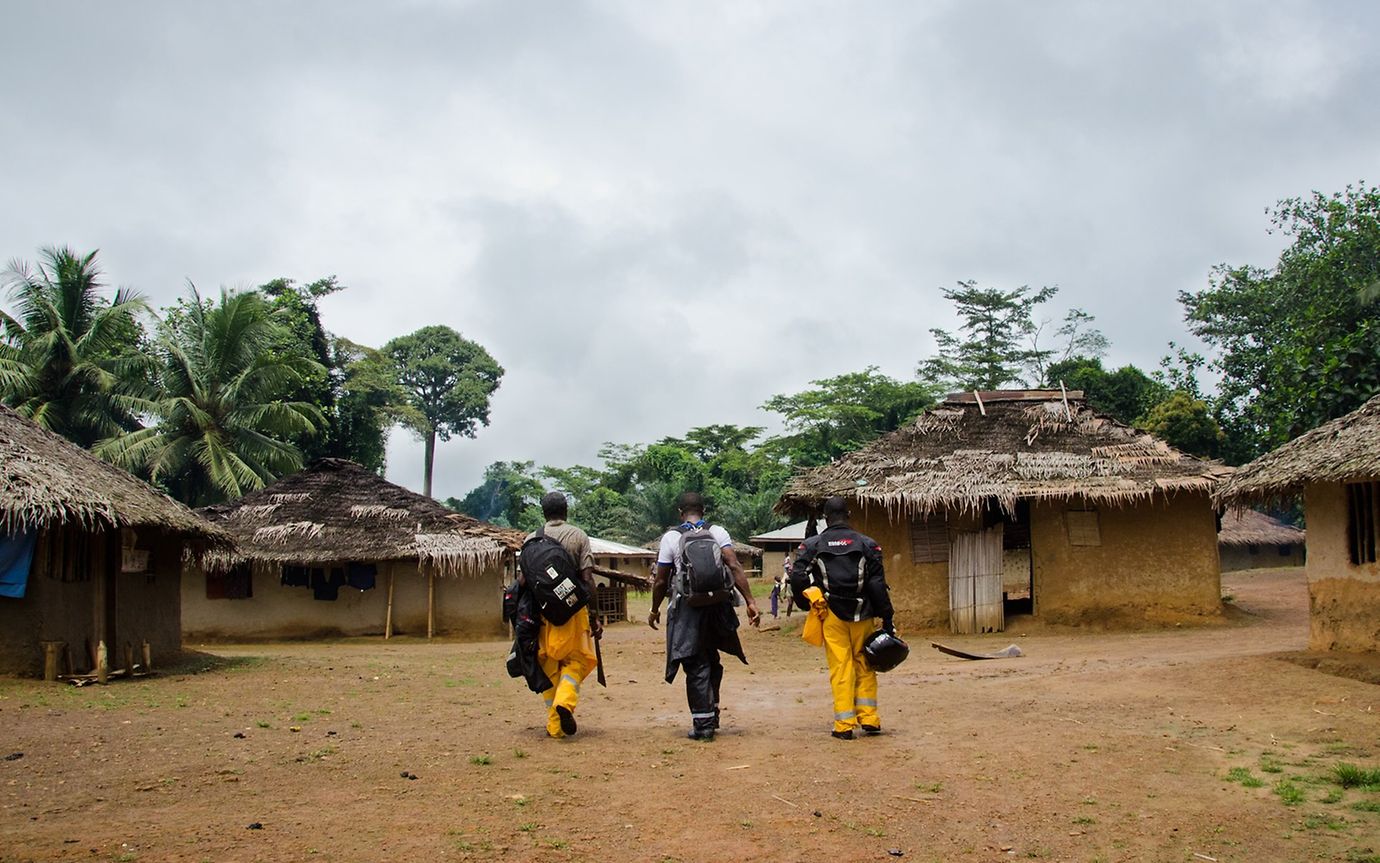
Lisha McCormick, CEO of the NGO Last Mile Health, and Tom Kagerer, Partner and Global Health Lead at LGT Venture Philanthropy (LGT VP), talk about what it takes to create lasting change in health care systems, and how their two organisations are helping secure life-saving care for millions of people in remote communities in Africa.

Lisha McCormick: One of my earliest memories from school is of playing with a group of girls, and for whatever reason, deciding to exclude another girl from our play circle. I can still remember the look on her face. I didn't realise the significance of that moment at the time, but so much of my motivation today comes from the belief that people should not be left out, especially when it comes to matters as critical as health and well-being.
Later, when I worked as a door-to-door community health worker in the poorest districts in New York City, I realised that what made the biggest difference to people was the experience of being prioritised for care. Being included wasn't something they were accustomed to. That lit a fire in me to design health care systems that prioritise the needs of vulnerable and under-served communities.
Our mission is saving lives in the world's most remote communities. We believe that where people live should not determine if they live. So we work with governments and a wide range of partners to train, equip and pay community health workers to provide life-saving care to their neighbors.
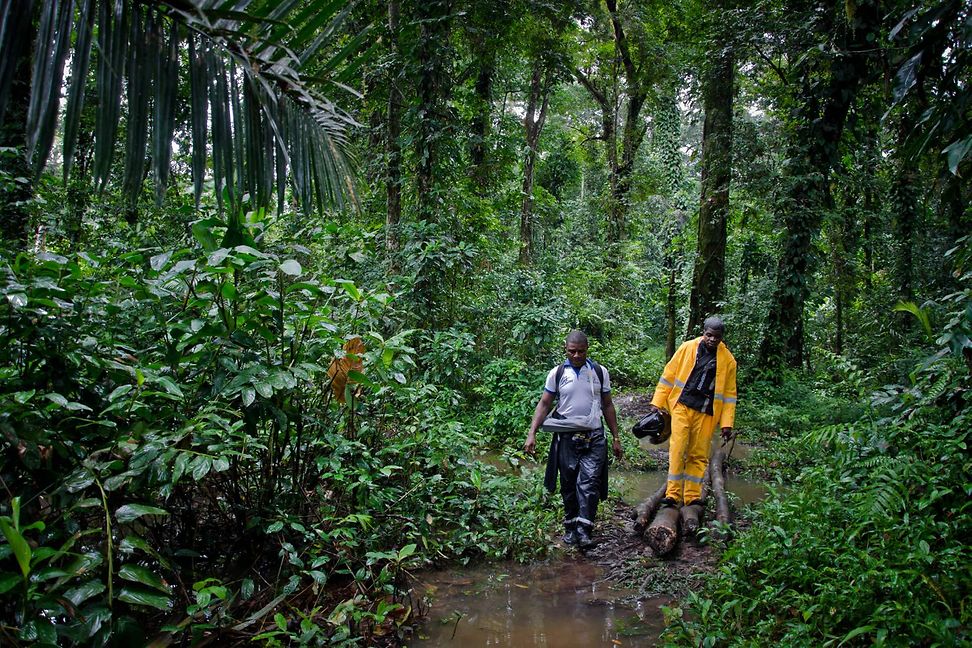
This is important because half of the world's population, including two billion people living in remote rural areas, lack access to care due to distance. And fixing this could prevent nine million unnecessary deaths every year. In Liberia, for example, where Last Mile Health started out, we've helped deploy over 4000 community health workers. The national community health programme is now fully scaled, and reaches every remote community in the country.
When we first met LGT VP, Last Mile Health supported about 40 community health workers serving a population of 15,000 people. That's miniscule compared to the actual scale of social injustice and lack of access to care. But then we realised we can use our experience not only to professionalise community health workers but also to influence policies and strengthen health care systems on a national scale.
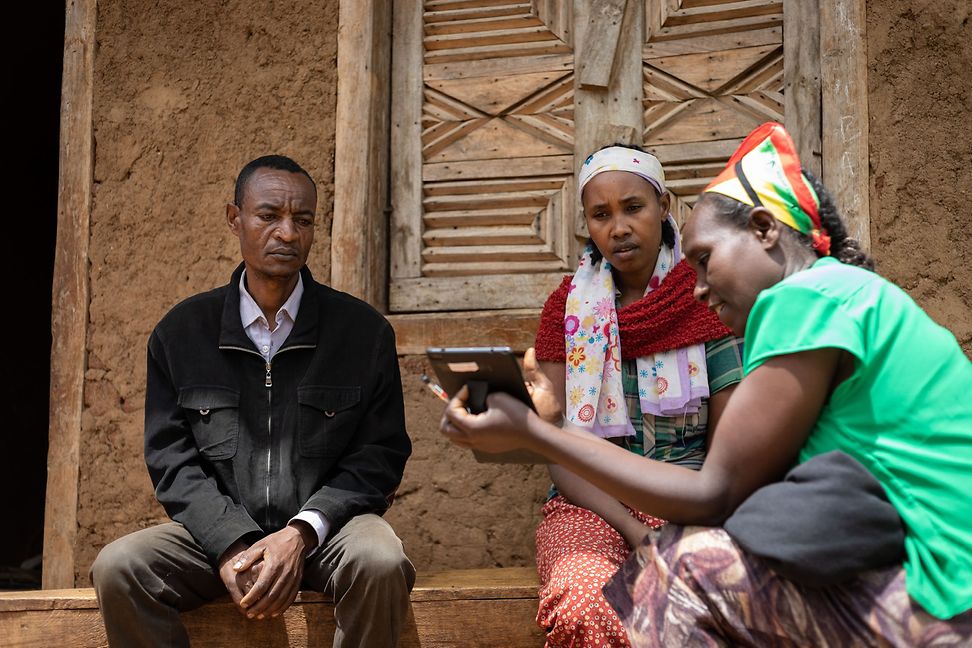
The Ebola crisis in 2014 was a critical moment for us. We had just started to replicate some of our programmes in Liberia, and helped train more than 1000 community health workers and community members there to detect the virus, provide care and contain local outbreaks. So while the World Health Organisation was forecasting two million cases and hundreds of thousands of deaths, we also started seeing increasing global recognition for the positive impact of community health workers. That opened a door for us to scale our work and help create more resilient health systems in Liberia and beyond.
In Ethiopia, Liberia, Malawi and Sierra Leone, we're on track to support 20 000 community health workers serving upwards of 25 million people by 2028, and to generate insights and exemplars for setting up primary health care systems around the world. The countries where we work are very different from one another, but they’ve all made political commitments to professionalise their community health care.
We believe that where people live should not determine if they live.
We're also very excited about Africa Frontline First, a joint venture we co-founded with Financing Alliance for Health and Community Health Impact Coalition. Through Africa Frontline First, we've worked closely with funding partners to leverage more than USD 100 million in multilateral funding, supporting strong community health programmes across 20 countries in Sub-Saharan Africa.
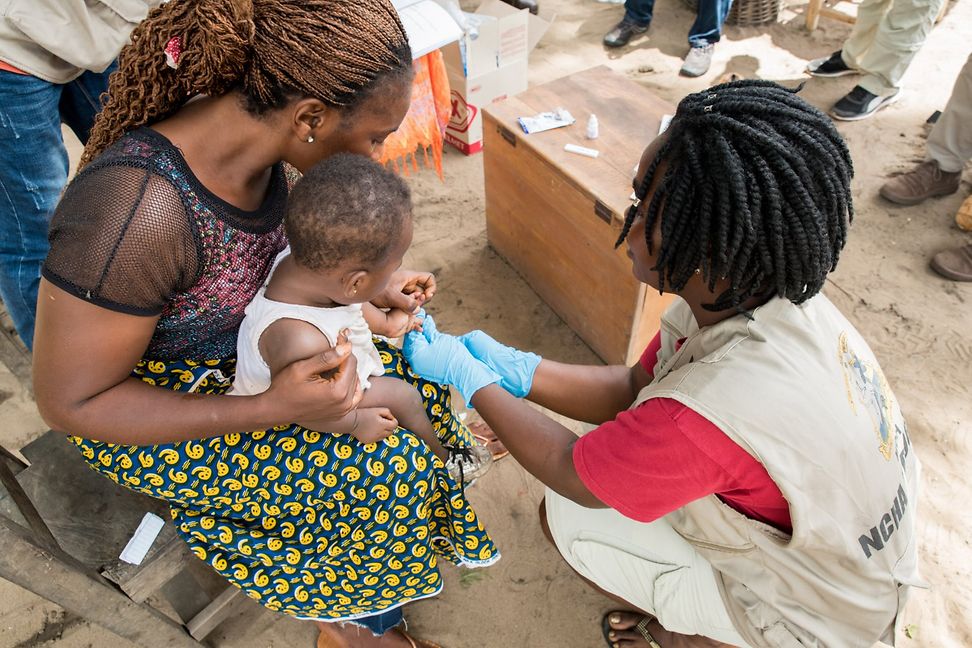
To us, LGT VP has been a trusted partner that shares its business acumen and strategic insights about how to deliver impact, and has provided multi-year unrestricted funding. When we first started talking, Last Mile Health was a modest-sized organisation with big ambitions. You've played a critical role in helping us think through how we can be most effective. And when I've had a critical strategic question or challenge, you've often been one of my first calls.
LGT Venture Philanthropy is an independent charitable foundation established in 2007 with teams in Switzerland, Sub-Saharan Africa, and India. The Foundation strives to improve the quality of life of people facing disadvantages, contribute to healthy ecosystems and build resilient, inclusive, and prosperous communities. LGT VP focuses on strengthening the capabilities of locally rooted organizations that deliver effective, scalable solutions across health, education, and the environment contributing directly to the SDGs.

It's estimated that 84 % of community health workers in Africa are currently unpaid. This needs to change. We need to scale professional public sector community health workforces that have the skills, salaries, supervision and supplies they need to be successful.
We also need the philanthropic sector to work closely with governments and implementers like Last Mile Health, shifting from supporting reactive crisis response to building sustained partnerships with communities and social enterprises.
Lastly, we need organisations engaged in community health to address the social determinants of health and put community health workers at the centre of planning and development.
LGT Philanthropy shares its business acumen and strategic insights with us.
We've just emerged from a global pandemic but I'm not sure we've learnt the right lessons or will be in a better position when the next one strikes. So I hope policymakers will honour their commitments to support and invest in primary health care. Also, organisations like Last Mile Health need philanthropic and private capital that allows us to retain some autonomy, continue to innovate, and encourage governments to increase their ambition and support what works.
That there will be a health worker within reach of everyone, everywhere.
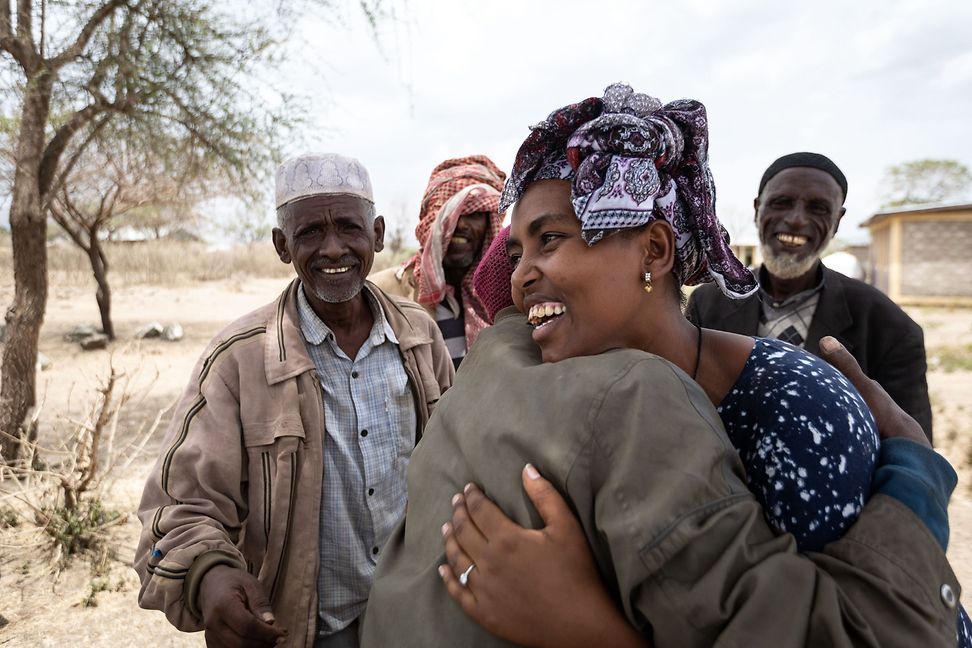
Founded in 2007 in Liberia, LMH is the NGO that aims to put a high-performing health worker in every underserved community, no matter how remote or hard to reach. LMH recruits, trains, compensates and supervises village-based community health workers who are equipped to perform comprehensive home-based care. These trained community health assistants are proving especially instrumental in diagnosing and treating 75% of the most common and preventable causes of death in rural villages.